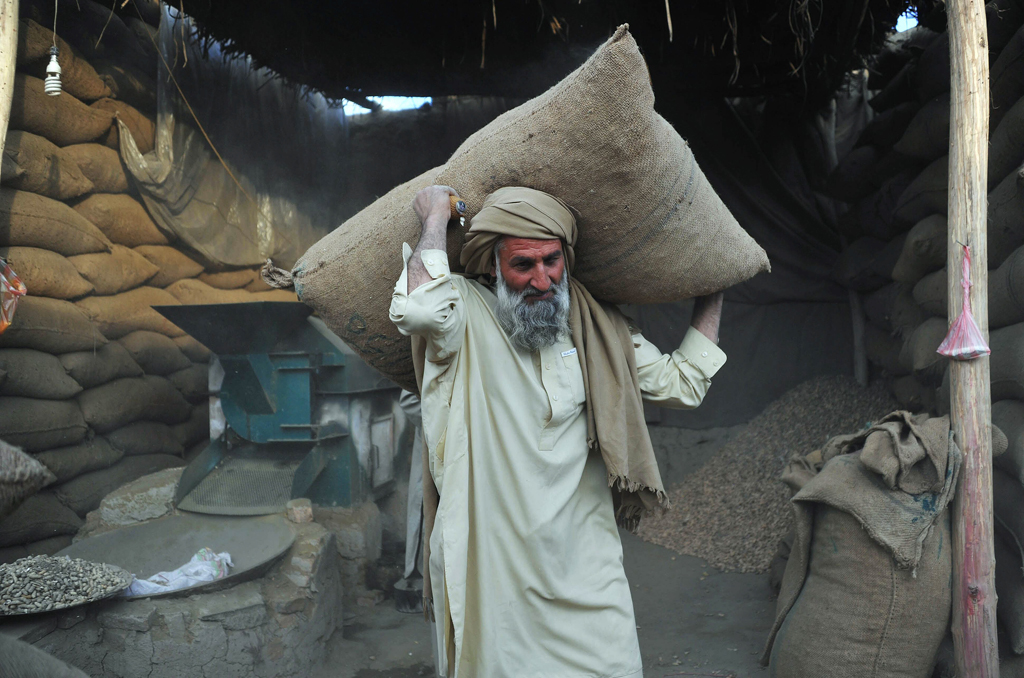
They were speaking at a two-day training workshop on “Precarious Work and its Effects on Workers Rights” at a local hotel, organised by affiliates of IndustriALL Global Union in Pakistan.
They said that in developed countries, governments are making efforts to provide decent work opportunities to their working communities, while in developing countries like Pakistan conditions are deteriorating further and the culture of engaging in insecure work is on the rise as this earns maximum profits at the cost of labour rights.
Government of Sindh Labour Department Joint Director Ali Ashraf Naqvi said the provincial government is committed to change the status quo.
To ensure proper factory inspection processes, new labour inspectors have been recruited, he added. “The draft of health and safety policy for industrial sector of Sindh is in final stages and soon this policy would be implemented.”
They said those workers are called precarious workers who fill permanent job slots in factories and workplaces but are not treated as permanent workers nor given salaries, perks and rights of the permanent workers as per labour laws.
Precarious workers are often denied the right to join a union or form their own.
Unemployed youth, women, minorities and migrant workers mostly perform precarious work. The growing outsourcing of work, contractual labour system and cheap home-based work culture have increased the malpractice of precarious work in Pakistan, especially in industrial cities like Karachi, Faisalabad, Lahore, Sialkot, Multan and Hyderabad.
Lala Sultan Khan of Mine Labors Federation, who had come from Balochistan, said the mining sector depicts the actual scenario of precarious work in Pakistan. He said working conditions in the sector are the worst with no provision of health and safety of workers.
Published in The Express Tribune, December 23rd, 2014.
Like Business on Facebook, follow @TribuneBiz on Twitter to stay informed and join in the conversation.


1727177459-0/BeFunky-collage-(6)1727177459-0-165x106.webp)


1732084432-0/Untitled-design-(63)1732084432-0-270x192.webp)











COMMENTS
Comments are moderated and generally will be posted if they are on-topic and not abusive.
For more information, please see our Comments FAQ